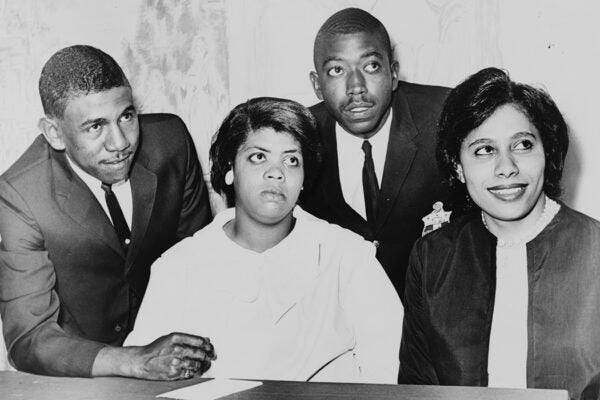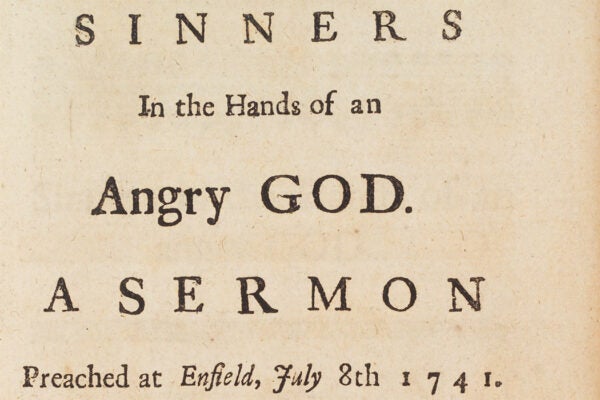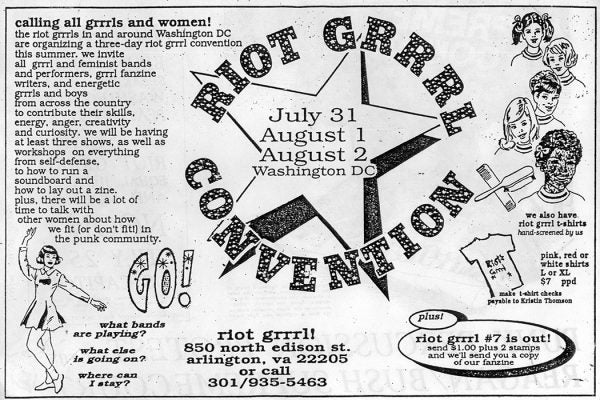Walking the Race Line on the Train Line
Investigators never reached a conclusion about the death of Pullman porter J. H. Wilkins, but his killing revealed much about the dangers of his profession.
The Fugitive Slave Act of 1850: Annotated
The Fugitive Slave Act erased the most basic of constitutional rights for enslaved people and incentivized US Commissioners to support kidnappers.
Joseph McCarthy in Wheeling, West Virginia: Annotated
Senator Joseph McCarthy built his reputation on fear-mongering, smear campaigns, and falsehoods about government employees and their associates.
Making Scents of Jesuit Missionary Work
The use of sensory stimulants like incense gave Jesuits a common framework with the North American nations they encountered on missionary trips.
Brown v. Board of Education: Annotated
The 1954 Supreme Court decision, based on the Fourteenth Amendment to the US Constitution, declared that “separate but equal” has no place in education.
Sinners in the Hands of an Angry God: Annotated
Jonathan Edwards’s sermon reflects the complicated religious culture of eighteenth-century America, influenced not just by Calvinism, but Newtonian physics as well.
The Reverse Freedom Rides
The White Citizens’ Councils used the transportation of Black Americans to Northern states as a way to embarrass liberal critics and rally segregationists.
The Pardon of President Nixon: Annotated
President Ford’s unconditional pardon of Richard Nixon created political controversy. It also tarnished Ford’s own reputation with the American public.
Start a Riot (and a Zine), Grrrl
With roots in the small press and fanzine communities, the girl zine movement relied on pen, paper, and copy machines to fight structural oppression.
Harvey Milk’s Gay Freedom Day Speech: Annotated
Five months before his assassination in 1978, Harvey Milk called on the president of the United States to defend the rights of gay and lesbian Americans.









